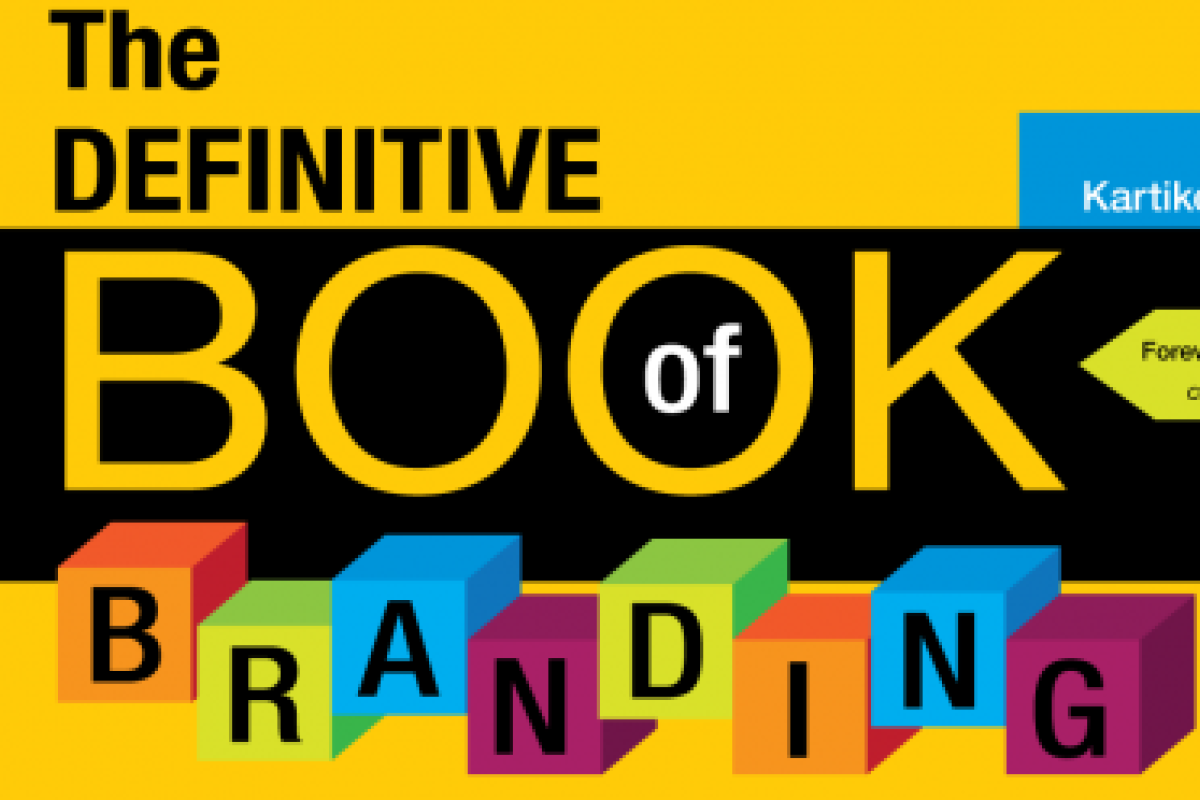Branding has been in existence for a long time - in fact you can trace its roots back to ancient times when people created goods to trade or sell and owned cattle. During this era, there were symbols, trademarks and pictorial signs which evolved during the eras to the brands that we have grown to know and love.
As branding continues to have a huge influence on today’s culture and society, it is fascinating to understand both the science and art behind how brands are built and the impact that a strong brand has on an organisation’s bottom line. Some of the leading brand companies in the world are investing up to 20% of their total sales into marketing which highlights the importance that branding has to an organisation’s financial performance.
Within this book, we gain an understanding of how some of the most iconic brands in the world became iconic - how these brands were built around meaning and not through product. To build a brand through meaning requires an absolutely fundamental understanding of the consumer and ultimately knowing what they want before they realise it for themselves.
Human beings have 100 billion brain cells and when brands cause us to frame positive mental models, we don’t have to think about what brand to choose. This raises an interesting question as to whether consumers purchase brands unconsciously. Neuroscientists such as Damasio have undertaken research which suggests that emotion is integral to the processes of reasoning and decision making and Kahneman, the widely renowned father of behavioural economics has also debunked the theory that consumers place great emphasis on the rational model of judgment and decision making. Whatever your view on this is, what is undoubted is that marketers have to work exceptionally hard to understand the underlying behaviours and mental patterns that influences a consumer to become aware, engage with a brand, purchase it and share their brand experience with their friends and families. Having a non-disruptive presence at every touchpoint along this journey will help give a brand a more meaningful role in consumers lives.
As we all know, own-label brands have continued to eat into the market share of premium brands in recent times and this subject is explored within the book. It is interesting to learn that in Europe, 50% of all products sold in supermarkets are essentially copies of the leading SKU’s or premium brands. As these copies are often sold at a considerably lower price, it is even more important now that premium brands identify the core values that they stand for and are constantly communicating the reasons why they make a difference to consumers.
Creating a brand platform that is succinct and well articulated is thus of great importance for brands and it also translates to employer brand management. How employees feel about their employer brand is a foundation for business success or failure and having a clear brand platform will allow employees to engage with the brand values fully which in turn leads to an enhanced customer brand experience.
As consumers increasingly engage with brands, we have shifted from an attention economy to a participation economy. Consumers are seeking a very different relationship with brands in comparison to previous times and brand owners must move away from the concept of using owned channels for purely broadcast messages.
This brings us nicely onto the subject of co-creation which is discussed in great depth. It’s a great chapter in the book as it provides practical methods of how to co-create which can be applied in most companies and some really interesting case studies of how brands like BA and Kraft have successfully co-created.
In summary, the author has done a fantastic job in getting such a wide range of academics and industry specialists to write various chapters that are all individualistic in style and exhaustive in its scope of content. I would highly recommend it to all.
Join our Book Club. If you're a member of The Marketing Society we'd love you to write a 300-word review for our Clubhouse. Or if you're an author get in touch. We've got lots of members keen to review your book.
Contact Michael Piggott to find out more.
